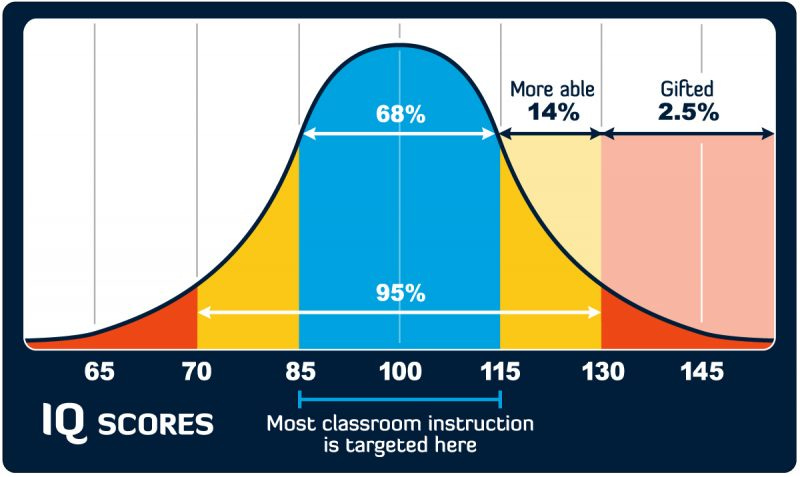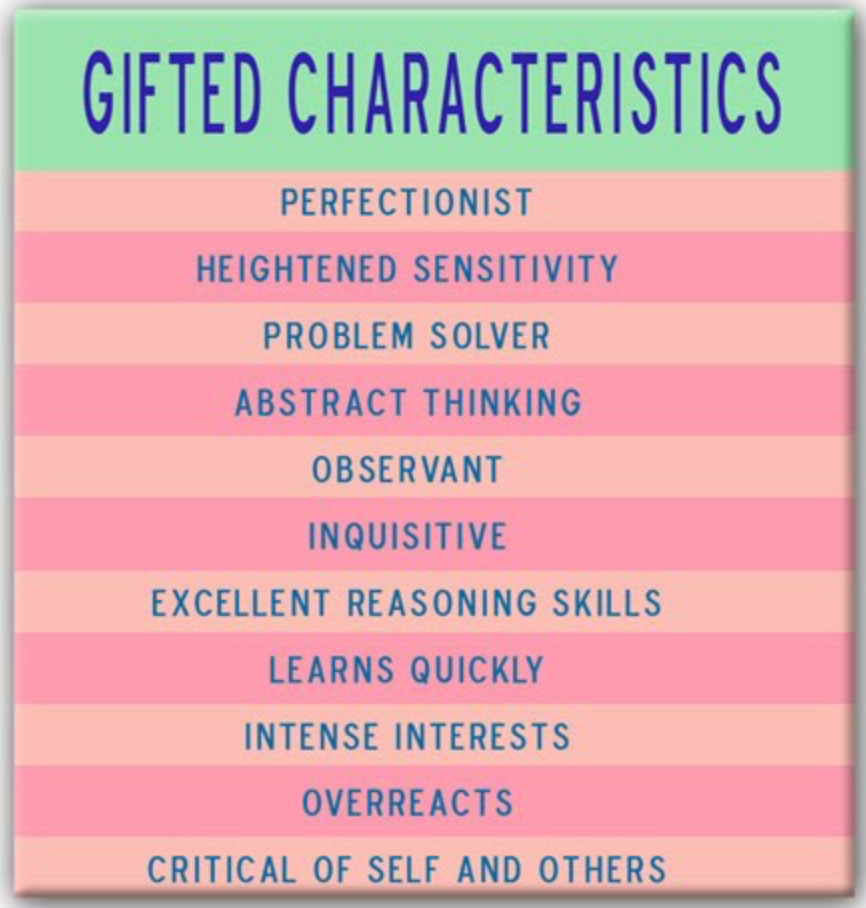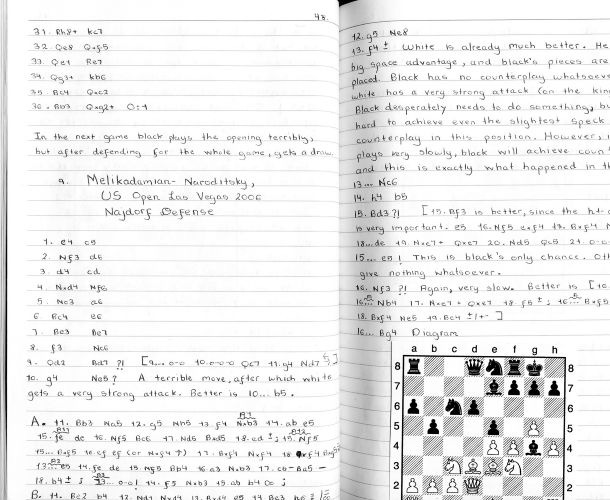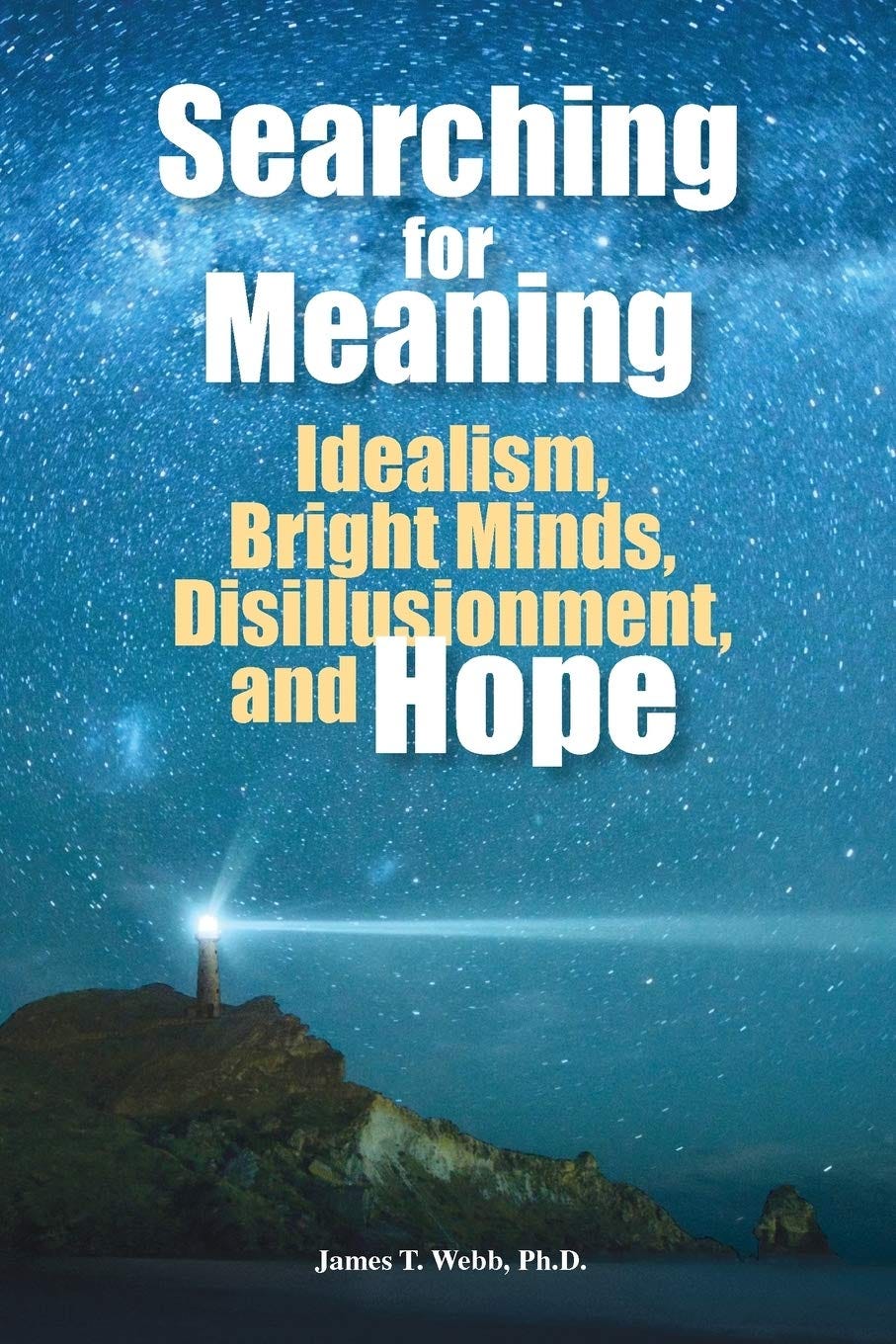How We Struggle
Working through the loss of Daniel Naroditsky
Welcome back to Chess in Small Doses, a Substack about adult improvement in chess. Like all of you I've was absolutely stunned by the news of Daniel “Danya” Naroditsky’s death. Weeks later, I still cannot bring myself to believe it. In my mind I hear his voice, feel his enthusiasm, and am amazed at how fast his brain works. In the aftermath of the news, so many touching and heartfelt tributes came out that I thank Ben Johnson for collecting as many as he could find. This post is simply my attempt at processing the shock and grief, so please forgive me if I don’t get the tone or the words just right. Let’s get into it.
Like most of you I didn’t know Daniel Naroditsky personally, just only what he chose to show us publicly. My first impression of him was he was so easy to like. Funny, upbeat, amazingly talented at chess, and self deprecating. It just made him seem so accomplished and impressive. What struck me is that in all the tributes of both his close friends and his distant admirers, there was a uniformity of praise for him. People described him as kind, brilliant, funny, passionate about chess, and engaging. He seemed able to communicate complex chess ideas with ease, making him not only a must watch streamer but also one of the best chess commentators around. I think it’s safe to say now that Daniel Naroditsky, a chess Grandmaster, published author at 14, and Stanford graduate, was gifted.
“Gifted” is a term used to describe very bright individuals, only the top 3% of the population. IQ is a controversial thing, but for the purposes of this post “gifted” refers to an individual’s fluid intelligence and ability to process information. All gifted individuals seem to share some common characteristics. Truly gifted brains just process information differently. They learn quickly, pick up patterns faster, and seem to be moving at a mental speed that is startling. They are extremely curious, surprisingly intense, have strong emotions and a highly developed sense of justice. They also can be highly impulsive, interrupting a class because they are unable to keep the answers in. They can have difficulty with time management, procrastinate, struggle to work in groups, and get agitated when made to go slower than they’d like. (If you’re curious there’s a fascinating series of articles on the neuropsychology of giftedness.) Gifted individuals are truly a wonder, with amazing capacity to create, learn, and communicate.
Now, you might think that being intensely smart would solve many problems, but actually it can create many more. Being gifted is a doubled edged sword. It can give people the capacity to do great things can also be a great impediment. A gifted student is more likely to be contemplating infinity than they are to be paying attention to the teacher in class. Their thoughts can be often pulled away to whatever they find more interesting than the present reality. They often lack the executive function to stop because the intensity of their thoughts and feeling.
The intensity is what drives them to be so curious and passionate about things. They will have incredibly long attention spans for anything that captures their interests. Conversely they will have little patience for anything they don’t find interesting. They will also display asynchronous development, where some parts of them are far more advanced than others. Often ability to process emotions lags behind since the gifted are so strong in their thinking skills and the emotions so intense. One reason many gifted children prefer adults is the adults are able to match the advanced abilities of the gifted, even as they remain children in many areas or even lag their peers in others.
The intensity of thought is mirrored by the intensity of emotions. Almost like the old Spinal Tap joke, gifted individuals have emotions that can go to 11. That emotional intensity can be off-putting to others, causing social strife or isolation. Social skills can lag, leading to more isolation. Moreover, intense emotions and impatience go together to create perfectionism and self criticism. The intensity of thought and feeling is the hallmark of giftedness.
This intensity refers to how gifted individuals approach life. At its best, intensity is the driving passion that enables some people to achieve amazing things – in any domain. But at its worst, it is the turmoil that has the power to consume these same individuals from time to time as they learn how to manage that aspect of their personality.
Intensity comes in the form of cognitive intensity – those aspects of thinking and processing information that all gifted individuals use to problem solve. It relates to the attributes of focus, sustained attention, creative problem solving, and advanced reasoning skills. Most people think of cognitive intensity as intellect, or “being smart” – all good things.
But a gifted child’s intensity does not stop there. The emotional aspects of a gifted individual are also intense. Emotional intensity refers to the passion gifted people feel daily. It also refers to the extreme highs and lows many gifted people experience throughout their lifetime, causing them to question their own mental stability from time to time. This type of intensity is a natural aspect of giftedness. However, in my experience, it is also one of the most misunderstood attributes – and it is the reason gifted kids sometimes struggle.
There’s one quote I’d like to repeat. “However, in my experience, it is also one of the most misunderstood attributes – and it is the reason gifted kids sometimes struggle.” For many people it can be hard to understand why someone so bright and/or successful would struggle at all. Much of this struggle is internal, entirely in their heads over what might seem as very small things to someone else. Nothing happens in a vacuum. Gifted kids learn eventually that they’re different from others which lead to some of the most challenging aspects of giftedness - feeling alone, doubting themselves, suffering from perfectionism and imposter syndrome.
Now I have no idea if Daniel felt any of this, but I think he likely did. His parents, writing in the forward to his book (published at age 14!) describe a journaling habit he developed at the very young age of four (as Ben Johnson described in his Linkfest #142 and published on the New In Chess blog).
Since he was about four years old, Daniel enjoyed writing and kept countless notebooks of his thoughts and short stories. Daniel loved writing in his notebooks much more than just typing on the computer. Writing is inevitably slower, and allows you to comprehend the material much better. It has always been aesthetically pleasing for Daniel.
This is the work of an incredible mind seeking to understand a thing very deeply. There is passion here, obvious with the dedication and time required to go full Jesse Kraii and analyze games by hand. Daniel apparently had so many thoughts that journalling them down (at four years old!) helped him process. For me it’s clear, Daniel was truly gifted, perhaps even profoundly so.
Being gifted is both a blessing and a curse. Incredible intensity for anything allows great accomplishments, but also can bring about strong and sometimes extremely negative emotions. These emotions are especially challenging to the gifted and represent their single greatest obstacle to overcome. These feelings can, if unchecked, form into a distorted story or worldview that exists only in their head (like a dream or nightmare). Without help, gifted minds can become greatly troubled. Black or white (or all-or-nothing) thinking is one of many rabbit holes gifted minds can fall into.
Perhaps the single greatest American mind was Linus Pauling, a man responsible for for two Nobel prizes single handedly. As he aged he developed a renal condition called (ironically) Bright’s Disease. Soon after that he began a puzzling crusade to prove that vitamins could cure all diseases even the common cold. He also proposed that high dose vitamin C could cure cancer . Millions of dollars in research were spent because of the prestige of his name. To date, no effect has been proven even though research is still ongoing. However, Pauling stuck to his assertions showing the all or nothing approach to his thinking. Occasionally he would give speeches to the media while sick, something the press would ask him about, and he would blame allergies. Truly stunning rejection of reality, and an incredible fall from grace for Pauling.
Now I also do not know GM Valdimir Kramnik personally, just what he shows me in public. However I also suspect Kramnik is gifted and I also suspect he struggles. His crusade against cheating reminds me in ways of Pauling’s quest. Starting from his own experience of being accused of cheating, he has begun to accuse many others of cheating online, including Daniel Naroditsky. Despite evidence to the contrary, he continues to try and either prove a point or (my opinion) wage a cynical campaign regardless of who it hurts. I believe Kramnik is showing all or nothing thinking here, and is stuck in a world that exists only in his head. Is there cheating in chess? Absolutely. However, what Kramnik is doing is harming the game and hurting people. Kramnik has gone full Pauling and now is likely guilty of cyberbullying to boot.
As mentioned above, giftedness can be a blessing or a curse, and often is both. Left to their own devices, many gifted minds will struggle with emotions and not have the skills (yet) to manage them or keep perspective. As an emergency physician, I’ve had the pleasure of working with many bright minds. What happens to many of them, without help, is they become disillusioned. Bright and gifted people tend to be idealistic. Idealistic people tend to be disappointed by the messy realities of the world. Disappointment, if not managed well becomes disillusionment, anger, and depression. That’s when doctors can truly harm people. The single greatest challenge to bright and gifted people remains their emotions. However, there are habits that can help.
In his book Searching For Meaning, Dr. James Webb highlighted several habits that help bright minds overcome their sometimes overwhelming negative thoughts. There are many but there is one I like to highlight here called “rippling.” Dr. Webb describes it best:
Each of us, during our lives, create ripples that have the potential to spread far. Nearly all of us can recall a handful of people who have changed our lives or our perspective on life. Few of us ever tell these people how important they have been to us. Unless we tell them, they are not likely to realize the effect they have had on us. Similarly, we may have to simple assume that the ripples of our lives have touched the lives of others in beneficial ways.
Spending time noticing and dwelling upon the impact of your own existence can help fight disillusionment and depression. You see how the actions you take, the things that happen only because you exist, make the world better… or worse. It keeps you aware how you impact others and keeps your mind focused on choosing to make that impact positive (at least it does for me). It also makes you aware how many others have impacted you.
Sitting here today, writing these words I am still deeply saddened by Daniel’s death. Our community has suffered an immense loss. Some of the best chess commentating I’ve ever seen came with him and GM Hess . His speed runs were always instructive and fun, like free lessons from a GM coach. His humor and natural talent for communicating drew many people into chess and to the beauty of our game. His personality and pure love for chess created immense ripples in our chess community. More than anything I wish he had been aware of the positive impact he had on so many. I wish he had been able to see the ripples his actions created in others. I like to believe that if he had, it would have lifted him up and given him the resiliency to handle whatever bullshit others threw at him.
The only way to end this post is to simply try and thank you all, dear readers, for your passion and interest in chess. To thank you for your support of this little publication of mine. Most importantly to acknowledge the positive impact you all have had on my life and by extension the people I interact with. During COVID I realized that as an emergency physician I may not be able to save every life, but I can try and affect someone’s life for the better. I only wish Daniel had seen how he had truly affected our lives for the better. We will all miss you greatly. До свидания (do svidanya).
“Each of us creates - often without our conscious intent or knowledge - concentric circles of influence that may affect others for years, even generations.”







Brilliant piece Nick, I was not aware of the connection between being (exceptionally) gifted and heightened emotions, but it makes sense. Thanks for taking the time to write this!
Thank you for this text.